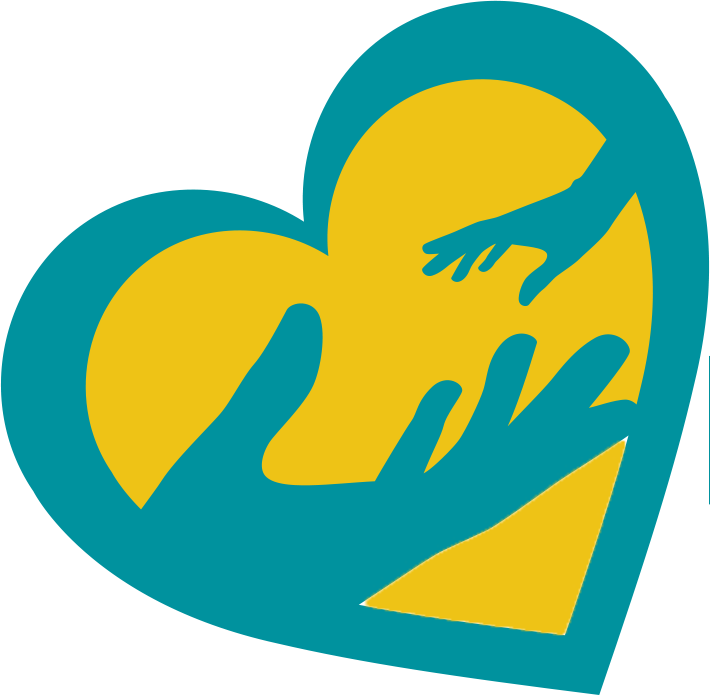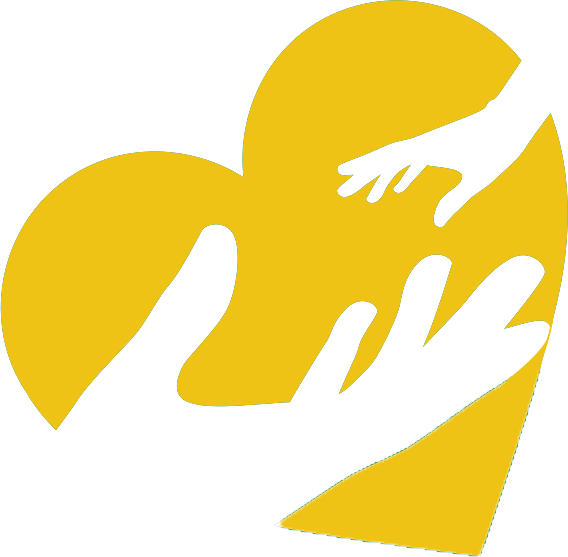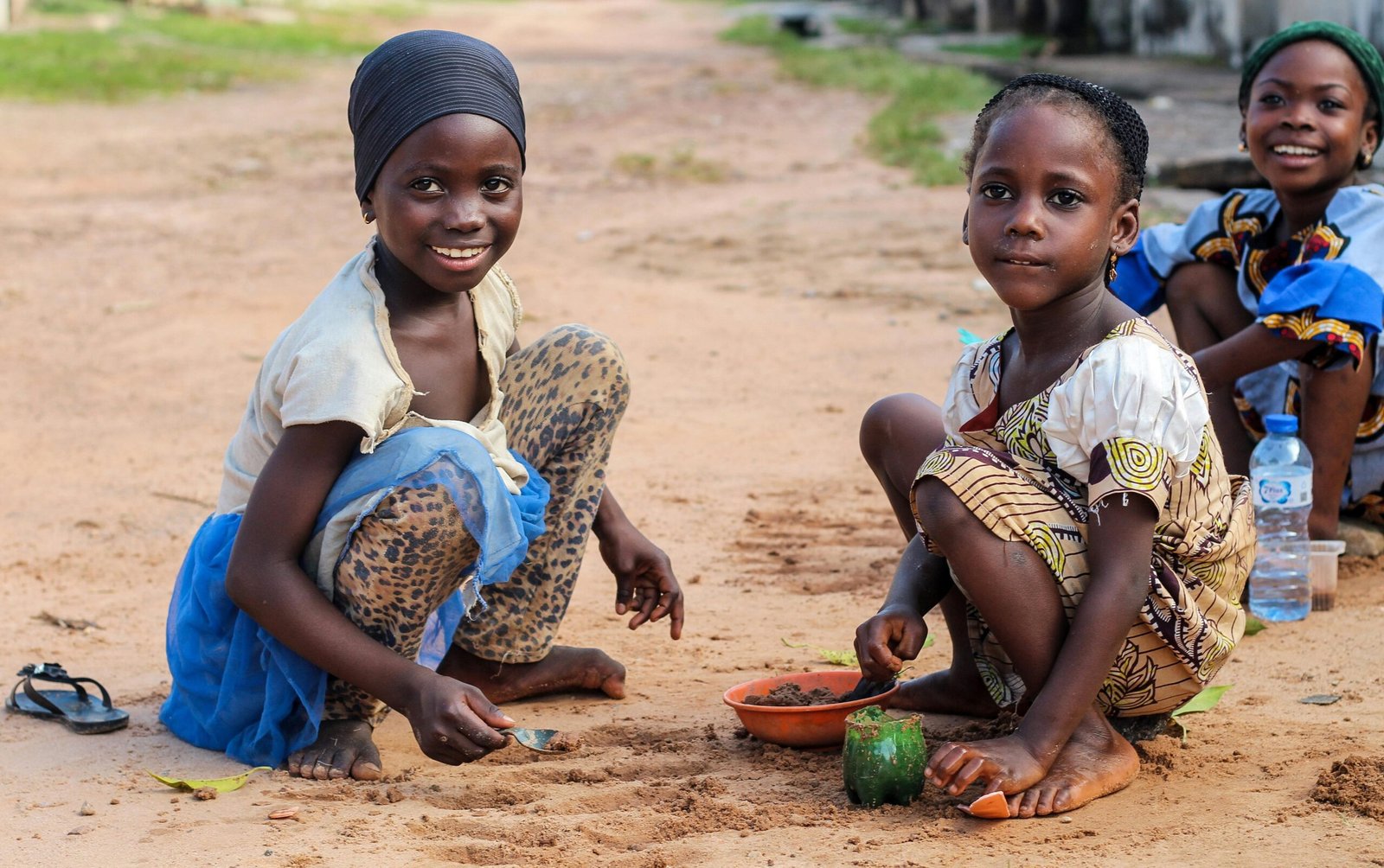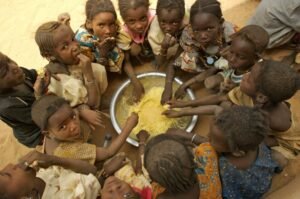In Uganda, the harrowing shadow of childhood abuse looms large, shaping countless vulnerable lives and often leaving deep, invisible scars. Despite legal frameworks crafted to safeguard children, the reality remains bleak: over 60% of Ugandan children face physical violence, while many endure the lasting impacts of psychological and emotional abuse. This trauma disrupts their development and health, distorts their relationships, and erodes their sense of self. At the forefront of healing is BethelAid, a Uganda-based organization on a mission to help vulnerable children reclaim their lives. Through a combination of trauma counseling, education, and emotional support, BethelAid offers these children a lifeline, giving them the tools to break free from the cycles of abuse and hardship.

Ugandan children grapple with a complex, layered set of challenges: widespread poverty, family instability, and staggering rates of physical and emotional abuse. Reports highlight a startling reality: eight out of ten children encounter violence in their lives, with nearly half of all girls and a third of boys reporting instances of emotional abuse. This abuse doesn’t just leave temporary marks; it profoundly disrupts their growth, leaving scars that persist into adulthood. Traumatized children often struggle to form trusting relationships and may experience lifelong mental health issues, further complicating their journey toward a brighter future. In such an environment, organizations like BethelAid play a critical role, stepping in where others cannot to support these young lives in their most vulnerable moments.
The impact of such pervasive trauma manifests in various aspects of these children’s lives. Abused children often become hyper-vigilant, conditioned to constantly scan for danger and adopt self-protective, isolated postures. This constant stress overloads their young minds, leading to cognitive impairment, diminished concentration, and physical health repercussions. For many, the burden of shame and self-blame compounds over the years, intensifying feelings of isolation and fear. These challenges make academic success difficult, reduce chances of stable employment in the future, and often result in mental health issues like depression, anxiety, and post-traumatic stress. BethelAid seeks to alleviate these burdens by fostering a supportive environment where children can gradually process their experiences and rebuild their self-worth
BethelAid steps into this dire situation as a beacon of hope, providing resources, programs, and support to address both immediate and long-term effects of trauma. At the heart of BethelAid’s work are the safe spaces it creates – environments where children, many for the first time, feel secure enough to begin the delicate process of healing. These safe spaces are foundational for trust-building, as BethelAid’s counselors provide trauma-informed care to help each child regain a sense of stability and belonging. BethelAid believes that every child deserves a chance to reclaim their life, free from fear and filled with hope.
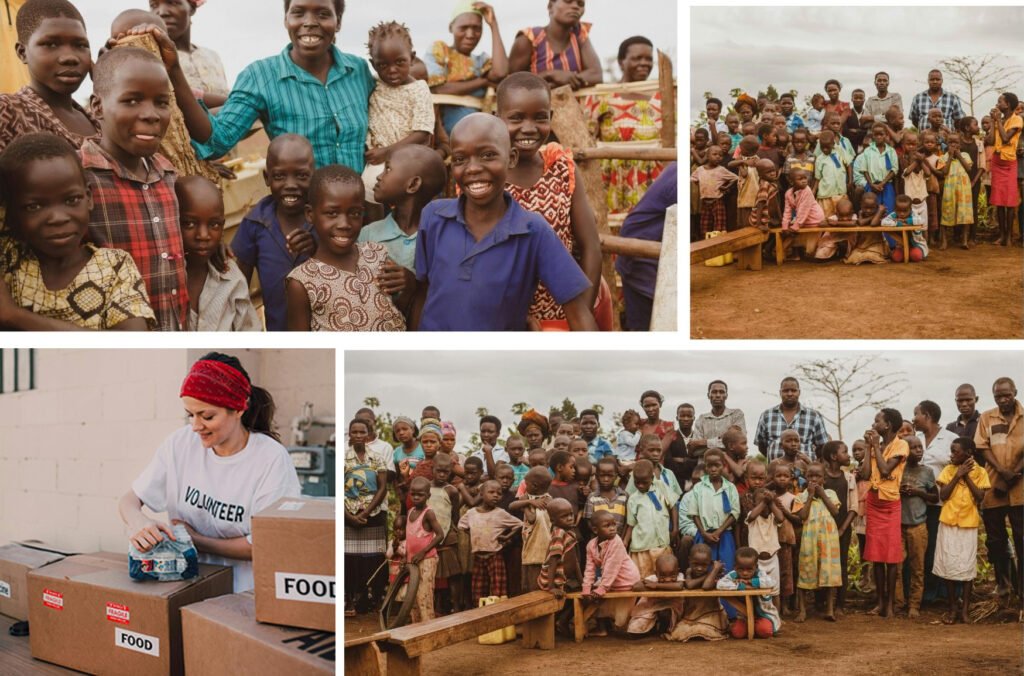
The Core Of Bethelaid’s Work
BethelAid’s centers are much more than mere shelters; they are sanctuaries where children can find safety, warmth, and understanding. For many, this environment represents the first setting in which they feel truly protected and valued. BethelAid’s staff is trained to recognize trauma responses and respond with empathy and care, creating a space where children can begin to confront their experiences without judgment or fear. In these safe spaces, children receive not only counseling but also community support, nutritional assistance, and access to educational resources that support a more holistic healing process.
Guiding Children On Their Healing Journey
Central to BethelAid’s approach is trauma counseling, a structured process through which children learn to process and manage the deep-seated effects of their experiences. BethelAid’s counselors understand the unique challenges traumatized children face and are equipped to provide tailored support that fosters resilience. Through consistent counseling sessions, children slowly learn to overcome patterns of hyper-vigilance, shame, and fear, gradually rediscovering their capacity for trust and connection. In addition, BethelAid’s counselors work closely with families, providing guidance on how they can support their children’s healing process at home, creating a more supportive environment beyond the counseling centers.
One of BethelAid’s greatest strengths lies in its commitment to community education. By engaging parents, teachers, and community leaders, BethelAid spreads awareness of the signs of abuse and the importance of child protection. This community-based approach empowers Ugandans to stand up for children, helping to reduce stigma and create a culture of protection. BethelAid educates the community about the existing child protection laws, encouraging vigilance, advocacy, and support for vulnerable children. They conduct workshops and public forums where community members learn practical steps for protecting children and identifying abuse, which fosters a shared commitment to safeguarding Uganda’s future generations.
BethelAid’s work has left a lasting impact on countless young lives, with each success story standing as a testament to the power of compassionate intervention. One notable case is that of Namugaru Shamila, a 10-year-old girl who came to BethelAid after enduring prolonged abuse. Traumatized, withdrawn, and fearful, Shamila struggled to connect with others. However, through BethelAid’s nurturing environment, she gradually began to open up, forming friendships, engaging in school activities, and embracing a brighter future. Stories like Shamila’s reinforce the transformative effect of BethelAid’s mission, as each child given a chance to heal is a life renewed.
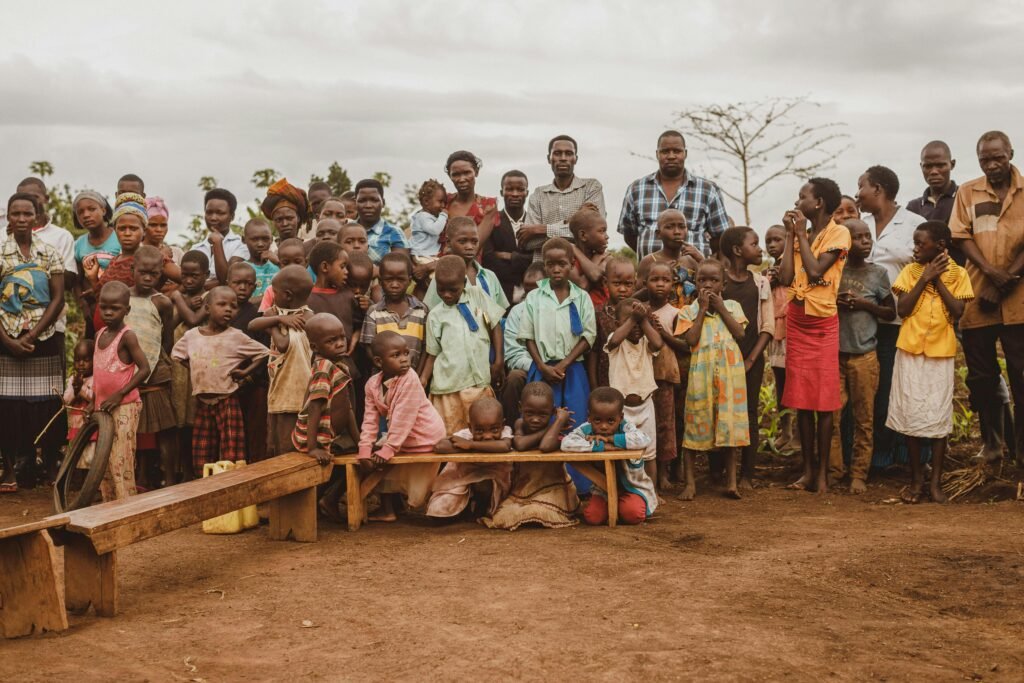
Despite its significant achievements, BethelAid faces a daunting task ahead. The prevalence of child abuse in Uganda remains high, necessitating a sustained and expanded effort to reach more vulnerable children. BethelAid’s vision for the future includes scaling up its programs, establishing additional safe spaces, and enhancing community outreach initiatives. By expanding its network and strengthening its support systems, BethelAid hopes to cultivate a Uganda where every child can grow up free from the trauma of abuse and empowered to pursue their dreams.
TOGETHER, WE CAN BREAK THE CYCLE OF TRAUMA
BethelAid’s mission is not a solitary endeavor; it’s a call to action for everyone. Supporting BethelAid through donations or volunteering can help foster a Uganda where children are protected, their voices are heard, and their dreams become possible. By standing with BethelAid, you contribute to breaking the cycle of trauma and enabling children to reclaim their lives. Together, we can create a future where the bonds of abuse are shattered, and every child has the opportunity to heal and thrive. In the words of one BethelAid advocate, “The end of trauma begins with us.” Join us in this movement, and let us create a world that nurtures, protects, and empowers its children.
